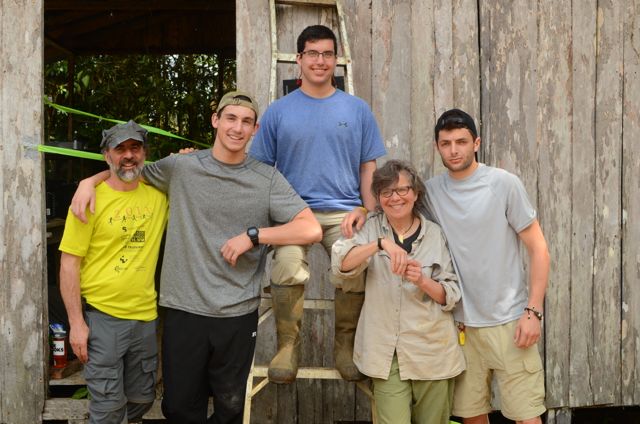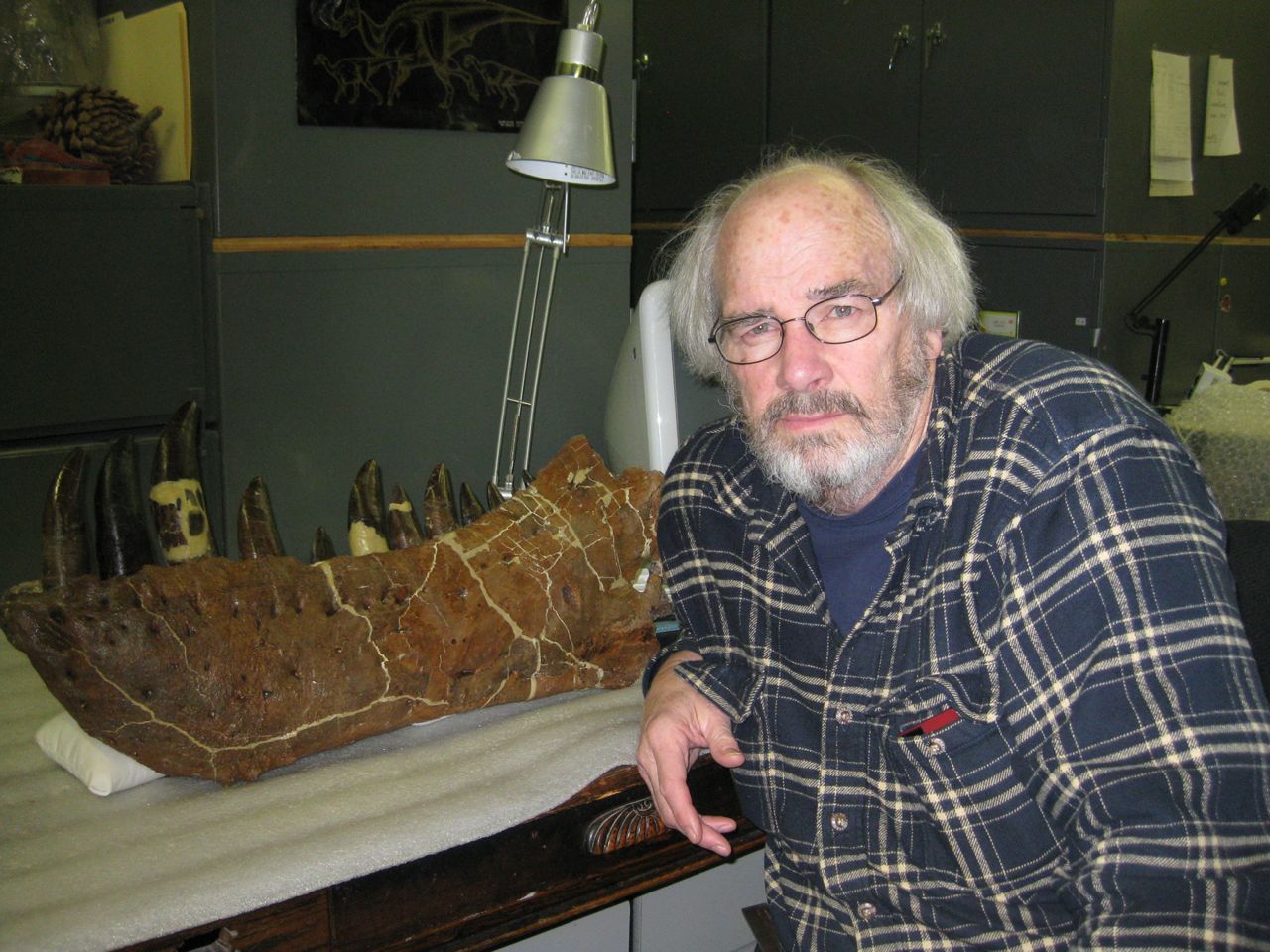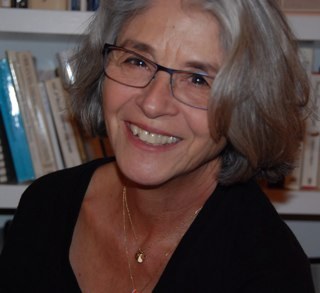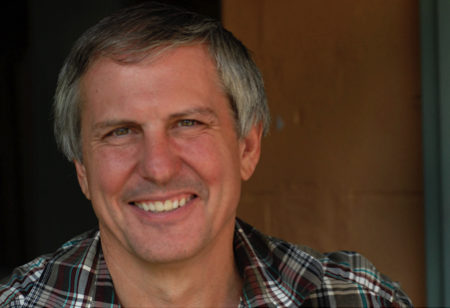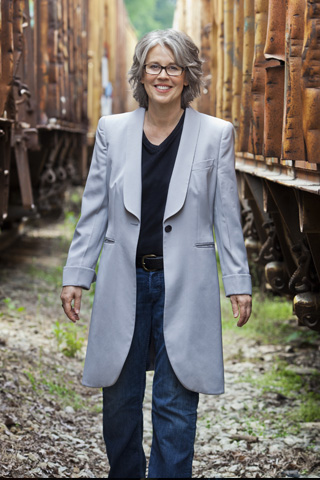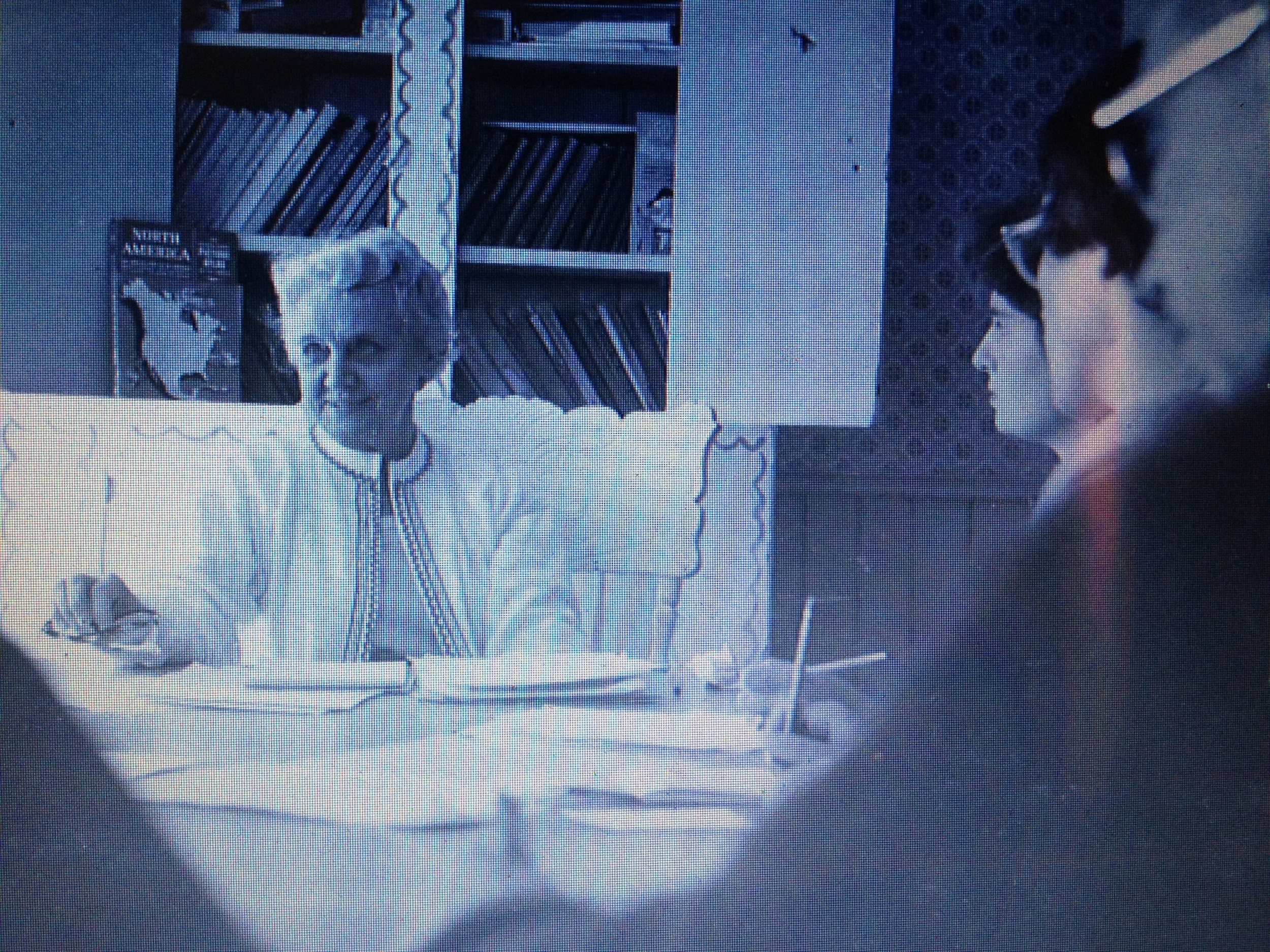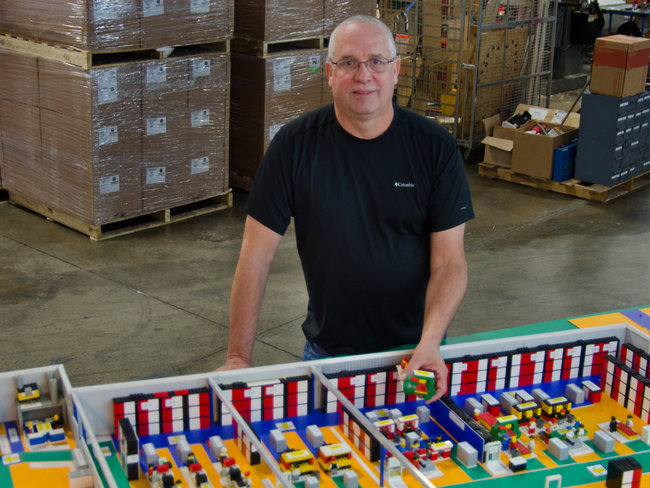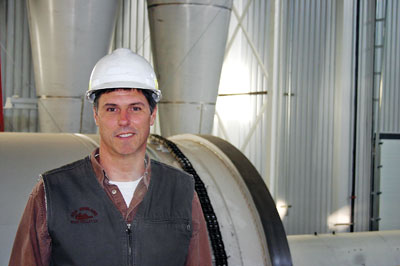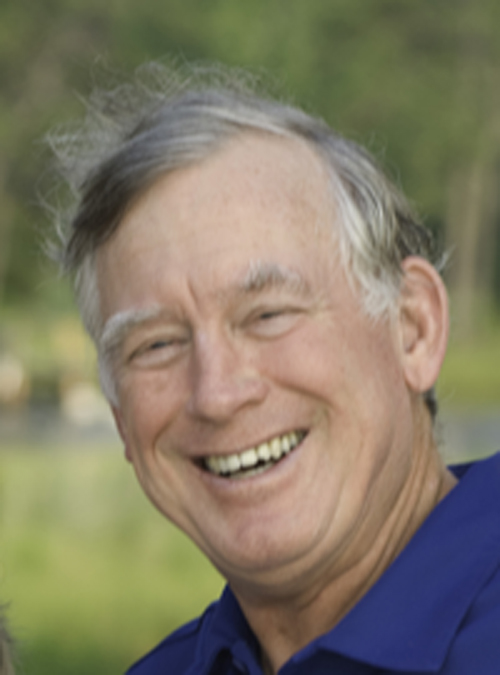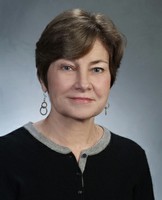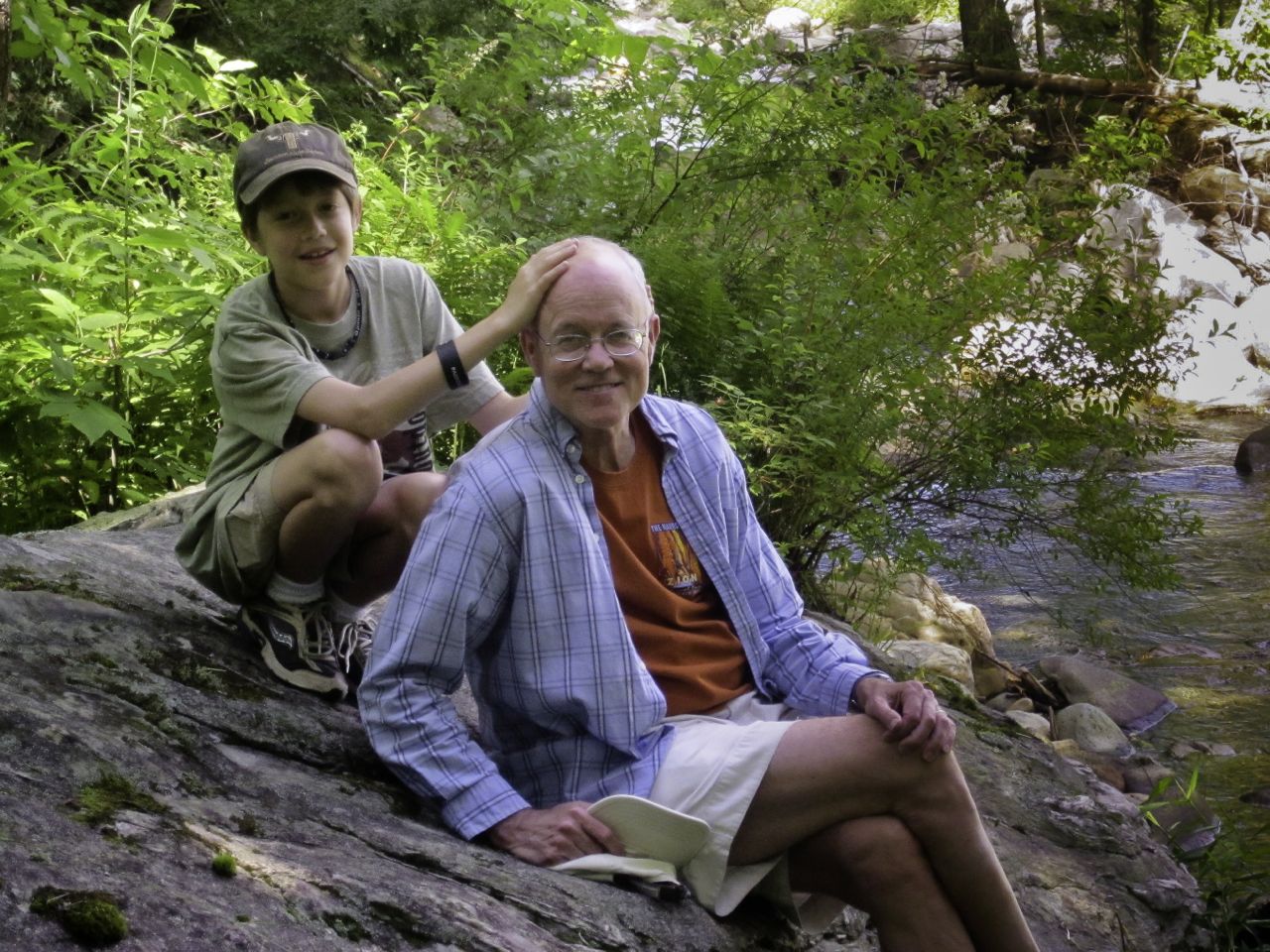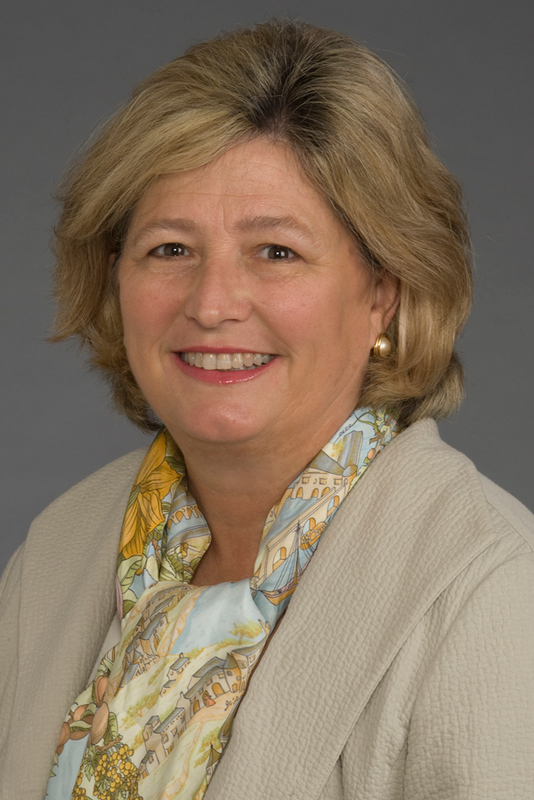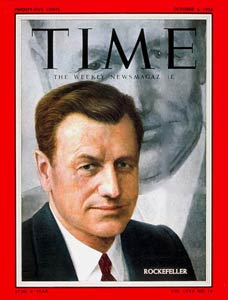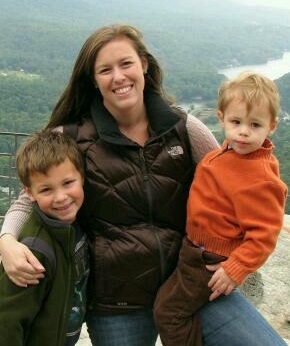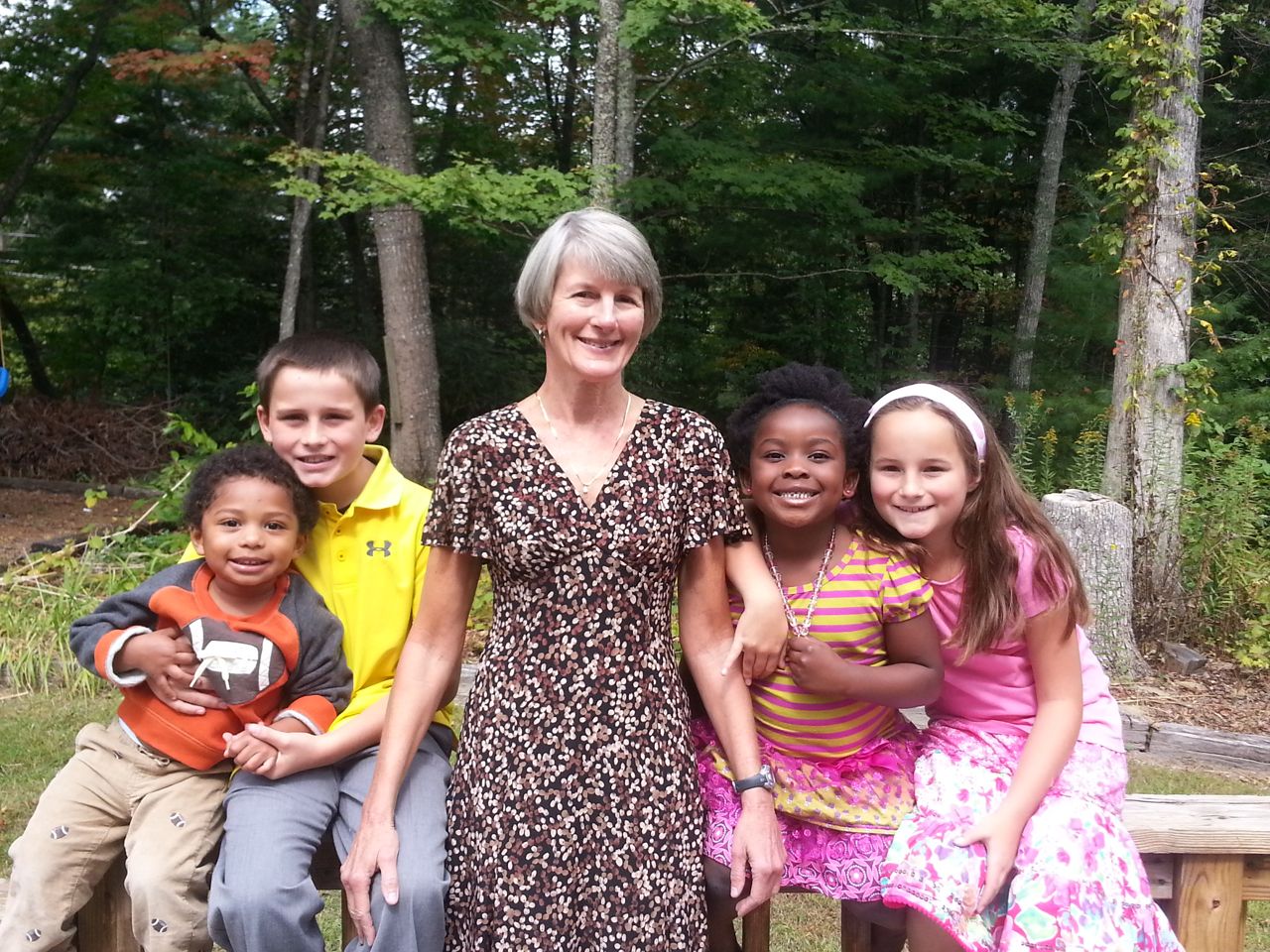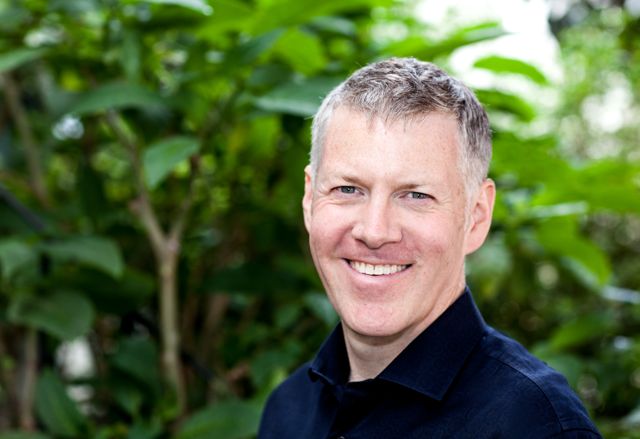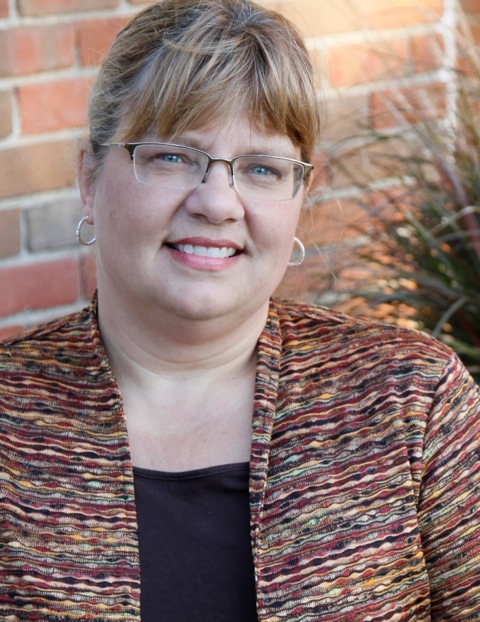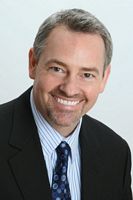 Today’s interview is with inspiring individual Rob Langston. Rob is a graduate of the University of West Georgia despite being functionally illiterate. He is a published author even though he toils to accomplish what many of us do with ease—read and write. He has conducted assemblies for more than 500,000 children in the United States, traveling 100,000 miles annually to present his powerful message. Rob is the author of For the Children: Redefining Success in School and Success in Life and The Power of Dyslexic Thinking. Since 1996, Rob has been a resource consultant to Vistage, an international organization of over fourteen thousand CEOs (many of whom also have dyslexia).
Camp Spring Creek: For those of us who aren’t CEOs or likely to run into one of your professional development sessions, can you briefly tell us about the steps you used to overcome your personal battle with dyslexia?
Today’s interview is with inspiring individual Rob Langston. Rob is a graduate of the University of West Georgia despite being functionally illiterate. He is a published author even though he toils to accomplish what many of us do with ease—read and write. He has conducted assemblies for more than 500,000 children in the United States, traveling 100,000 miles annually to present his powerful message. Rob is the author of For the Children: Redefining Success in School and Success in Life and The Power of Dyslexic Thinking. Since 1996, Rob has been a resource consultant to Vistage, an international organization of over fourteen thousand CEOs (many of whom also have dyslexia).
Camp Spring Creek: For those of us who aren’t CEOs or likely to run into one of your professional development sessions, can you briefly tell us about the steps you used to overcome your personal battle with dyslexia?
Rob Langston: Anything smarter, faster, stronger, or that can overcome obstacles is what CEO’s want. That’s what the dyslexic mind wants, too. Being dyslexic, the majority of my problems had to do with getting through school in classrooms. I looked back and realized I was going through the same 5 steps every time and I turned those steps into a three-hour program. By the end of the program, people can help themselves think like a dyslexic, if they don’t already. A high percentage of CEO’s come up to me after each program and tell me they are also dyslexic or ADHD. It’s always refreshing to have something that had been a negative thing in school turn into a really positive thing in life.
The five steps are: First, set a goal and write it down. Second, get educated on your goal (what it will take to accomplish it). The third step is what really sets this program apart, because it has to do with how to set up reinforcement for the motivation for each goal. For example, your ringtone can be an affirmation or your screen saver can be a typed message of your goal, etc. Once you set that up, the fourth step is focus. You can see the path and get what you want when no one else does. Another name for that is leadership. The fifth step is the action initiative. We take action and get started.
CSC: How do you learn best?
RL: I’m an auditory/visual learner. Because I read so poorly, every member of my family read to me when it came time to study. I could listen and absorb for longer than they could stand to read. Today, I devour audio books. Sometimes I’ll listen to the same audio book two or three times until I’m learning at full capacity and taking it into my life as something that will impact me. The repetition of listening is a very strong learning tool for me and I think it works for many others. As far as visual learning, I observe and watch everything until I feel I have visual mastery of what I want to accomplish—whether watching sports or a social situation, etc. When I am ready, I join in and I usually find great success. Today, I use many YouTube videos for everything from work-related issues to learning how to build a chair. I repeat the watching until I have visual mastery and then I’ll go do it. My main weakness is that if you hand me a manual and say, “Read this, then do it,” that’s challenging for me.
CSC: You have spoken to hundreds of thousands of youth across the country. What commonalities amongst these children and young adults do you encounter? Is there one question they all seem to ask? A set of shared concerns or misunderstandings that they have in common?
RL: My observation is that kids are kids are kids. I have spoken in schools in Harlem that hadn’t had school assemblies in 15 years because they went so poorly and we’ve had great success. I’ve also spoken in private schools in San Francisco and had success. Dyslexia is not a place or race thing; it’s a brain thing. If you talk to kids about what they’re interested in, you’ll have them. I tell them about what it was like emotionally to hide, lie, and cheat in first grade and they can relate to that.
As far as the kids asking me something, for most of them it is more about feeling so relieved that someone is talking about this struggle out loud and in a positive light. The most common thing I get is when a kid will raise his/her hand and say, “I’m dyslexic too,” in front of all their peers. I always congratulate them. That’s a powerful event for them. Finally, they don’t feel alone and are held in a positive light. This also helps the unidentified dyslexics start thinking about things and getting help or being fearless and accepted. I also talk to teachers because they’re the first line of defense.
CSC: You published your first book, For the Children, using the author name “Rob Langston, LD.”We assume the “LD” stands for learning difference, and enjoy that you included it in your title where most people include a list of their educational degrees. Can you tell us a little more about this decision and what it says about your approach to life and work?
RL: That’s part of taking ownership of who you are. Having dyslexia is a part of who I am, no matter what. My struggles with reading make me who I am. My empathy with other people who struggle with any types of challenges is part of who I am, too. The strengths that come from the way my mind works in business and life are a part of me, too. When I first got out of college and started making money, I went out and bought a shiny, red, turbo sportscar and got a specialized tag. I had the tag say: ABLE LD. I’m a learning abled person with a difference. My son has dyslexia and I want him to see the benefits to the way his brain works, too. He had early intervention and is in 3rd grade and reading at a 3rd grade level, so he has a better jump on life than I had. His creative mind is still there, too, and I’m so glad for that. Everyday, I see him using his dysxleic mind right alongside his reading mind.
CSC: You’ve blogged for Psychology Today about being a “techno dyslexic” and, specifically, how your GPS unit saves you throughout your travels. Are there any other tools you “can’t live without,” technological or otherwise? If so, what are they and how have they become so important in your life?
RL: Today, we have voice recognition technology. You pick up any iPhone or Android phone and the little microphone is right there to press and tell what to do. It’s a more efficient way of working. I can also dictate into my phone while I’m driving and I’ve done that for entire books that I’ve written. Just recently, I started using the calendar function on Macs a lot. Dyslexics can be disorganized at times, to say the least. I switched everything over to Mac and iCloud and everything syncs no matter what device I have with me at the time. My son is involved in project-based learning in school and he’s used the iPad for that twice now. It’s really nice because there are so many apps that can help him with spelling and writing.
YouTube is also a huge technological resource. I do lots of editing and I utilize that as a technology advantage everyday because it like the audio/visual way of taking in information as well. There’s a lot of other help out there, but it’s text-based. Now that I’m all Mac-based, I find myself using the text-to-voice reader a lot and that helps utilize those text-based sites. Social/visual media is also so accessible. What I do at dyslexia.com couldn’t have been done 3 years ago because the broadband wasn’t available. Now, we broadcast in 34 countries. I’m proud of reaching 500,000 kids live in the school system, but, online, things are unlimited and available on every SmartBoard for every teacher that wants it.

